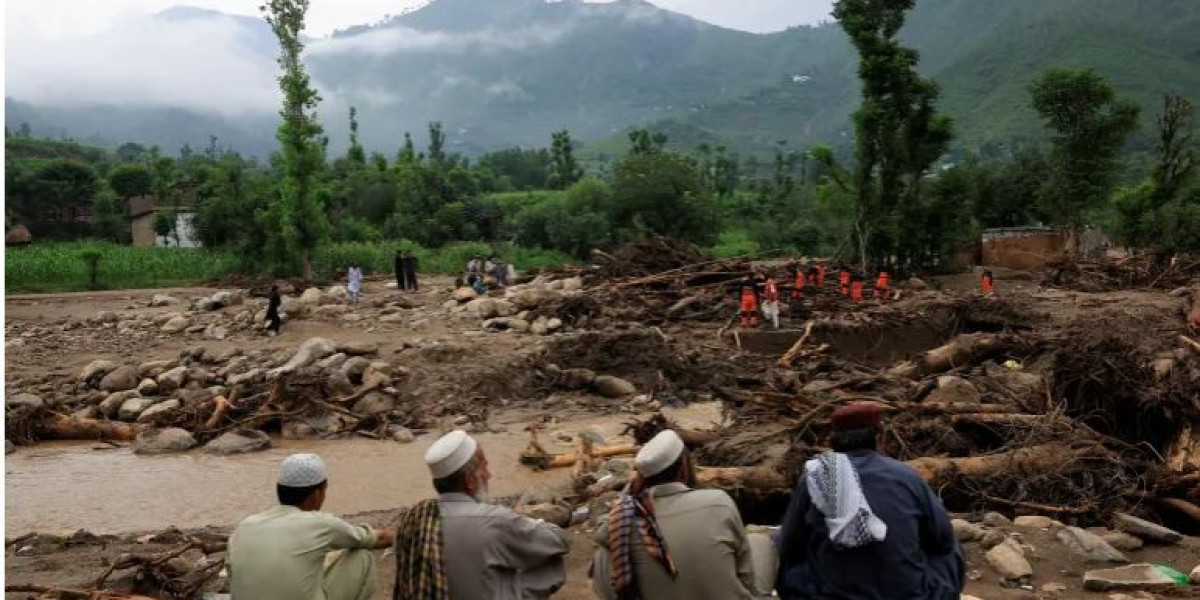KUALA LUMPUR (Trending Today) – In a bold and timely move, Southeast Asian nations are preparing to negotiate with former U.S. President Donald Trump as a unified regional bloc in response to escalating tariffs on ASEAN exports. Speaking at the ASEAN Summit 2025, Malaysian Prime Minister Anwar Ibrahim urged member states to present a single voice in tackling rising economic pressure from Washington.
“Our peace, stability and prosperity have often depended on an open, inclusive, rules-based international order,” Anwar said. “These foundations are now being dismantled under the force of arbitrary action.”
With Malaysia currently chairing the Association of Southeast Asian Nations (ASEAN), Anwar announced the formation of a special ASEAN task force to coordinate responses to U.S. tariffs. The economic fallout has been significant, with Trump’s administration slapping tariffs ranging from 10% to 49% on countries like Singapore, Vietnam, and Cambodia. This tariff war has put the region's export-reliant economies on high alert.
? A Trending Trade Flashpoint
Trump, who recently announced a 90-day tariff pause for select nations, has struck a temporary deal with China, further isolating Southeast Asian exporters. While some ASEAN nations pursue bilateral talks, leaders agree that collective bargaining power is essential in dealing with the America First economic strategy Trump champions.
? Strategic Alliances and New Visions
The 2025 summit isn't just about confrontation. ASEAN will also meet with Chinese Premier Li Qiang and the Gulf Cooperation Council (GCC), signaling the bloc’s pivot towards broader economic alliances to offset Western pressure. A 20-year ASEAN Vision will be launched to deepen regional integration and trade resilience.
? Crisis in Myanmar: A Persistent Challenge
Anwar also updated progress on Myanmar's civil war, which continues to challenge ASEAN’s diplomatic unity. With thousands killed and millions displaced, Malaysia has taken a leading role by forming an informal peace advisory group led by former Thai leader Thaksin Shinawatra. While aid delivery after the March earthquake is underway, trust deficits and military airstrikes threaten peace prospects.
“Even a fragile bridge is better than a widening gulf,” Anwar emphasized in his call for “quiet engagement” over confrontation.
? ASEAN’s Limited Leverage
Experts like Thomas Daniel from Malaysia’s Institute of Strategic and International Studies believe ASEAN still lacks the leverage needed to mediate effectively in Myanmar, but unified efforts could build regional credibility over time.
? Conclusion: ASEAN Finds Its Voice Amid Global Shifts
As the world watches shifting alliances and renewed trade wars, ASEAN’s stance to approach Trump as a unified bloc marks a significant shift in Southeast Asian diplomacy. With economic futures on the line and tariffs trending globally, collective action and smart strategy may be the region’s best path forward.














